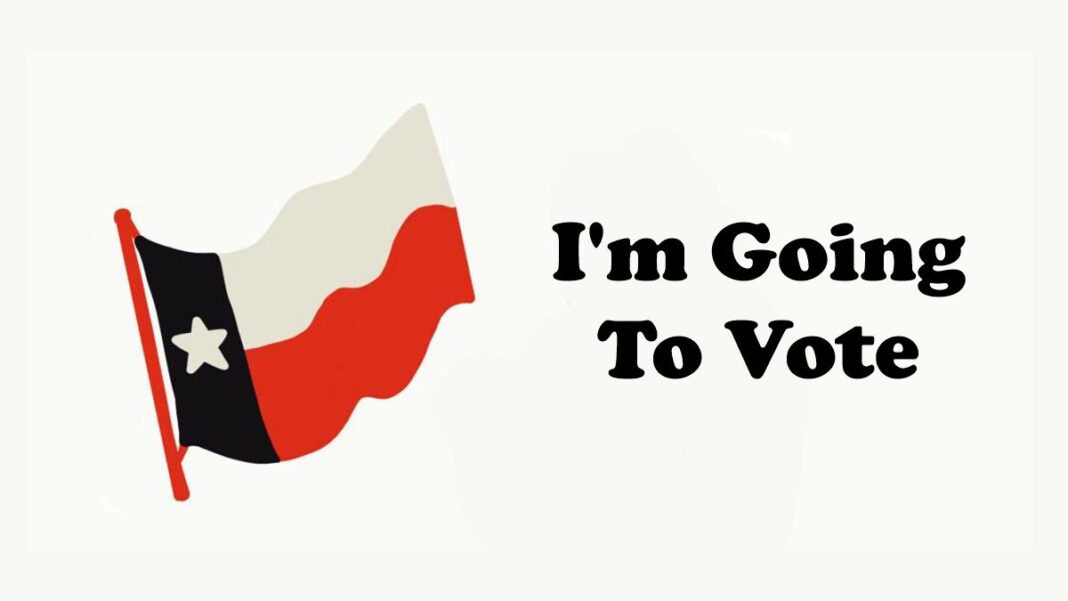South Dakota Gov. Kristi Noem has released draft social studies standards for K–12 students in the state, promising to make such education free from political agendas.
“South Dakota’s children deserve the very best social studies education in the nation … These standards raise the bar for the breadth and depth of civics and history education. They feature a true, honest, and balanced approach to American history that is not influenced by political agendas. And under these standards, our students will focus more on Native American history and culture than ever before,” Noem said in an Aug. 15 press release.
The proposals include that social studies standards must follow the natural order of historical events as they chronologically unfolded, with themes also emerging from this chronology.
A chronological depiction of history will allow teachers to give students a sense of how, when, and why things happened as well as resist any temptation to “cherry-pick facts to fit a preconceived ideology or narrative,” the draft standards said (pdf).
“Debating current political positions or partaking in political activism at the bequest of a school or teacher does not belong in a K-12 social studies class, and the color of one’s skin does not determine what one can or should learn,” according to the draft standards.
The new standards have been compiled by the Social Studies Content Standards Commission, facilitated by former Hillsdale College professor William Morrisey.
The social studies standards released last year attracted criticism for not being strongly enough against critical race theory (CRT).
CRT redefines human history as a struggle between the “oppressor” class, which the left defines as white people, and the “oppressed” class to which people from other identity groups belong—a Marxist tactic to cause division within society.
In 2021, Stanley Kurtz, a senior fellow at the Ethics and Public Policy Center, had warned about “hard-left activists” taking over the writing of social studies standards, according to Fox News.
Two members of the commission resigned over the issue. Noem eventually relaunched the process of developing new standards in October.









